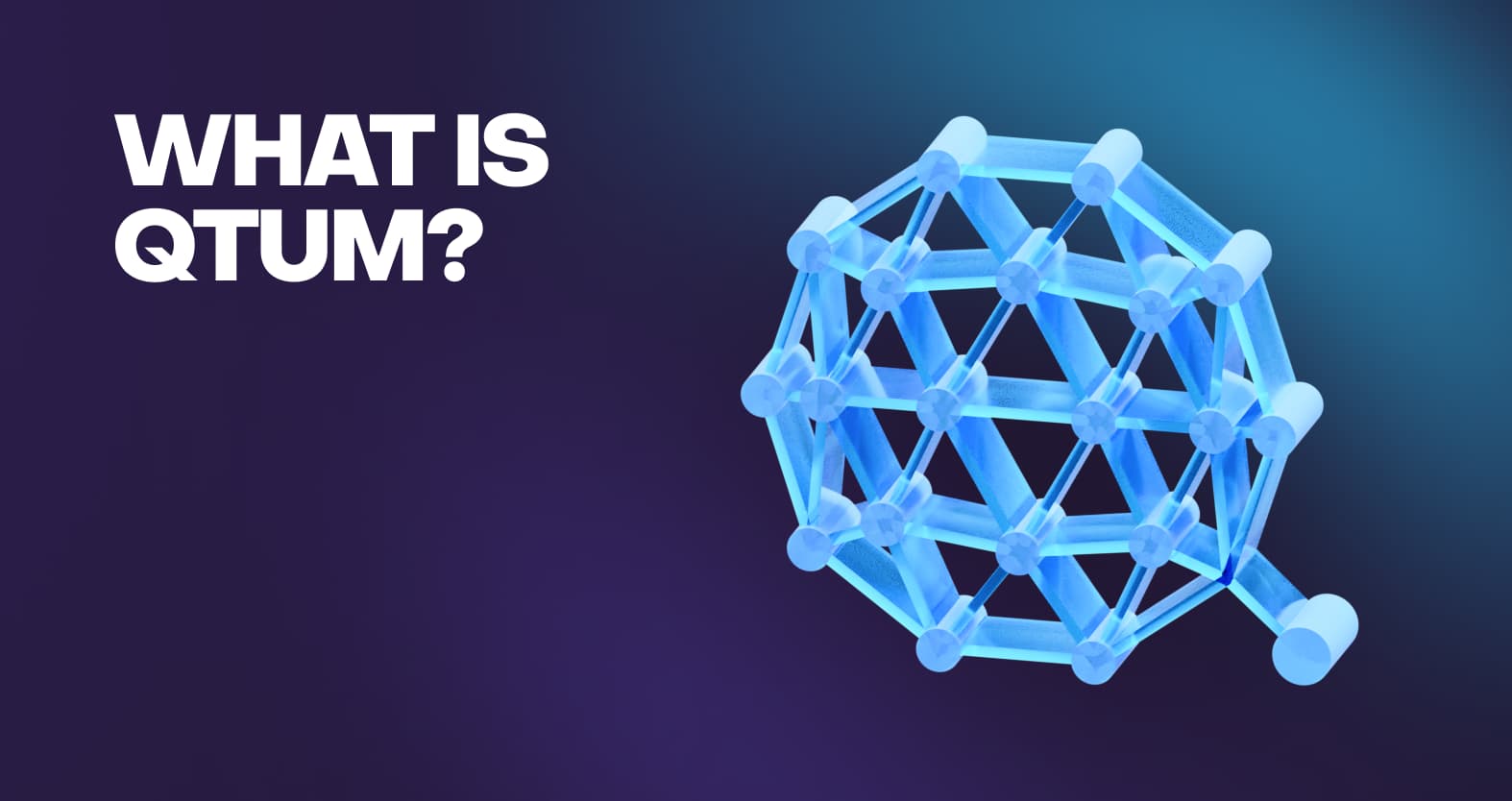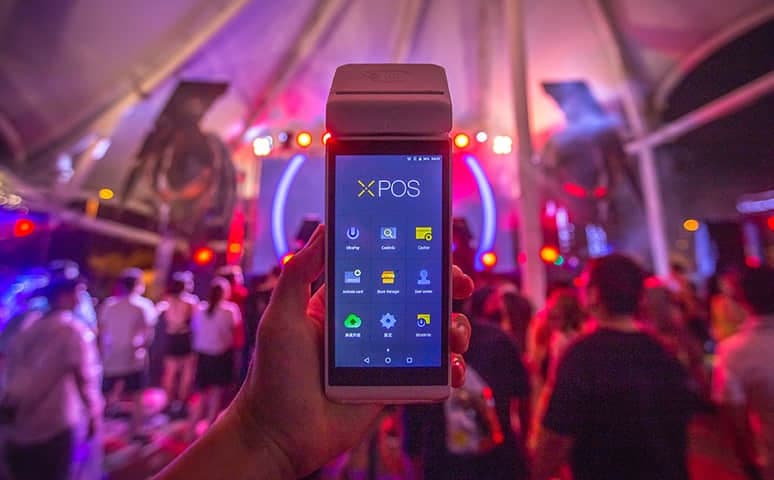
Table of contents
Qtum, pronounced 'Quantum', is a smart contract platform that utilizes properties from Bitcoin and Ethereum's blockchains to create a secure, highly scalable, and fast decentralized and distributed network.
Qtum was designed to provide a proper decentralized application infrastructure and enterprise solution, allowing anyone to build on top of an easy-to-use and secure blockchain without having to spend excessive fees.
Qtum's Background
Qtum officially launched its mainnet in September of 2017, putting it in the semi-rare category of networks that have been able to successfully survive and thrive to the present day. Qtum was founded on the idea of creating a superior smart contract platform, combining features from the two most widely adopted blockchains to create a brand-new iteration. What followed was a UTXO-based (Unspent Transaction Output) smart contract platform that runs on a Proof-of-Stake (PoS) consensus mechanism. This allows for a highly secure network that is also not as resource intensive to validate for end users, creating a more accessible system.
Qtum is a hard fork of the Bitcoin codebase, meaning many of Bitcoin's core principles continue through the Qtum network. The central aspect of Bitcoin that Qtum adopted was its ability to deal with unspent coins. Qtum adds unspent coins from various transactions in a user wallet and then chooses a subsequent node to validate it based on each node's quantity of coins. This allows for much greater security within the network and makes it easier for users to mine new coins.
Although Bitcoin has demonstrated itself to be much more secure than almost any other distributed ledger network, it still has significant drawbacks that developers can improve upon to add value to the user experience. Bitcoin relies on a Proof of Work (PoW) algorithm, requiring highly technical computing equipment and large amounts of resources in the form of electricity to take part in the validation process. This largely excludes many users who want to participate but do not have the money or expertise. Qtum introduces a PoS mining algorithm to simplify the process and make it more convenient for all.
The QTUM Coin and Ecosystem
The QTUM coin is the native utility coin of the QTUM blockchain, acting as the 'gas' of the network that allows users to execute transactions. Like many altcoins, the QTUM price peaked in early 2018, but it has fared relatively well since then due to its tangible value proposition.
Although Qtum may not be as popular as other competing smart contract platforms, it hosts an extensive variety of decentralized applications. It is also constantly working on new ways to incentivize developers to build on the Qtum platform. Qtum supports a wide range of dApps such as 1) Vevue — a decentralized copyright tracking platform and video exchange 2) Bodhi — a decentralized prediction market 3) Beechat — an encrypted instant messaging system, and much more. The most popular application that utilizes Qtum's blockchain is Pundi X, a cryptocurrency with a point-of-sale solution.

With such a broad variety of live applications, and new ones constantly being developed, it is not surprising that the QTUM coin has done well for itself over the years. Even following the massive crash it experienced after its all-time high price in January 2018, it has been able to maintain its community and its properties as a store and transfer of value.
Buying and Selling QTUM
As a unique and largely non-interoperable blockchain, QTUM is easily accessible on centralized exchanges, but not so much on decentralized exchanges. QTUM is available to buy, sell, and trade on virtually every major cryptocurrency exchange except Coinbase, with the top trading volume coming from Binance, Huobi, Bithumb, and Kraken.
Although QTUM is readily available on centralized exchanges, the same cannot be said about DEXs. As a network that primarily focused on providing maximum value and security in a decentralized manner, Qtum introduced its own native decentralized exchange, QiSwap. However, QiSwap currently only works with QRC20 tokens (Qtum's equivalent of ERC20 or BEP20 tokens).
AtomicDEX — Qtum Wallet, Bridge, and DEX
If you are looking to trade QTUM or QRC20 tokens on a decentralized exchange but with cross-chain access, AtomicDEX is an option that can facilitate this. AtomicDEX provides a non-custodial wallet, crypto bridge, and cross-chain/protocol DEX rolled into one application. AtomicDEX supports blockchain-agnostic currency trading seamlessly, all without the need for third-party oversight.
If you are a user who wants to keep your crypto off centralized exchanges but still requires access to deep pools of liquidity, AtomicDEX could be a suitable option. Thousands of assets across dozens of blockchain networks are supported on AtomicDEX, including Bitcoin, Bitcoin Cash, Zcash, Dogecoin, and many more.




